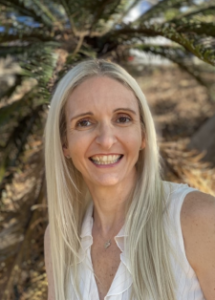Previously known as juvenile diabetes, type 1 diabetes is usually diagnosed in the young i.e. children and teens.
What is Type 1 Diabetes?
Type 1 diabetes is a condition where the pancreas no longer produces the insulin a person needs. As explained by Diabetes Australia, “unless treated with daily injection of insulin, people with type 1 diabetes accumulate dangerous chemical substances in their blood”.
There is no exact cause known for the development of type 1 diabetes but, in Australia, research shows that this medical condition increases at about 3 percent a year.
Being diagnosed with type 1 diabetes has its own challenges. The psychological impacts on the child and their family as well as the social and emotional issues need to be taken into consideration. These issues are best addressed in a partnership between the diabetes team and child mental health professionals.
Children and teenagers diagnosed with this chronic condition may experience:
- Grief;
- Stress;
- Anxiety;
- Depression;
- Difficult behaviours and conduct disorder.
Here are some of the factors which can increase the risk of children and adolescents with type 1 diabetes developing psychological problems:
- Increased responsibility given to the child;
- Avoidance of coping strategies;
- Lack of or non-effective communication between the family and health professionals.
The International Diabetes Federation reported that children and teenagers with type 1 diabetes have been found to experience higher rates of depression than the general population. Children are also at risk of developing diabetes distress (eg feeling of frustration about their condition, feeling isolated or different, etc). Prolonged diabetes distress can lead to ‘’diabetes burnout’’ where the child feels unable to cope with their condition.
Living with type 1 diabetes can be overwhelming for a child or teenager and their family. Children may feel different, refuse to do their injections at school, fear hypoglycaemia …
If your child or teen has recently been diagnosed or is struggling to come to terms with the diagnosis and/or the daily injection required by this chronic condition, I would welcome you to make an appointment.
 Author: Meggy Delaunay, PG Dip Psych Practice, PG Dip Dev Psych, M Genetic Psych, B Psych, MAPS.
Author: Meggy Delaunay, PG Dip Psych Practice, PG Dip Dev Psych, M Genetic Psych, B Psych, MAPS.
Meggy Delaunay is a psychologist who primarily works with children, adolescents and young adults. She is a registered Psychologist in Australia, New Zealand and France, and can provide therapy sessions in English and French.
To make an appointment try Online Booking. Alternatively, you can call Vision Psychology Brisbane on (07) 3088 5422.